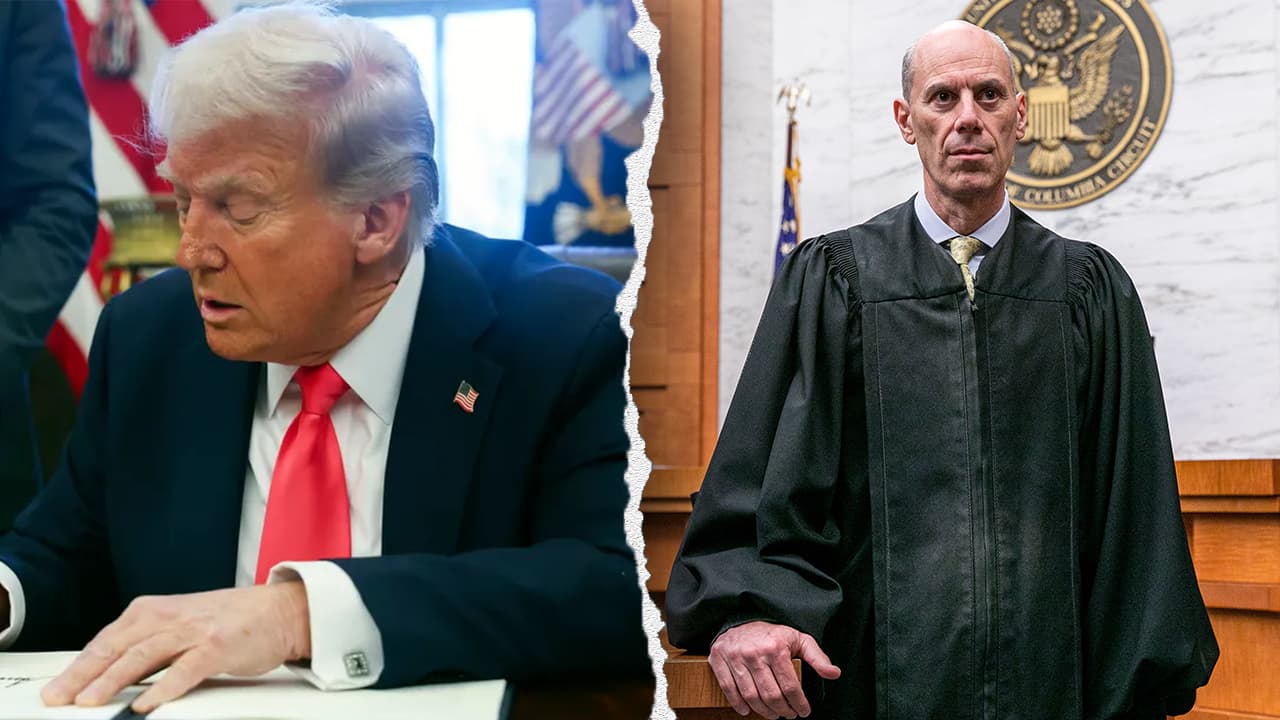Coordinated Smash and Grab Thefts Surge at Los Angeles Malls
Los Angeles police say a wave of coordinated smash and grab and flash mob retail thefts hit high end malls and shopping centers over the Thanksgiving period, prompting arrests and an expanded multi jurisdictional investigation. The incidents are raising alarm among retailers and residents because of rising losses, insurance claims, and questions about how law enforcement and policymakers will respond.

Los Angeles police report a sudden surge of coordinated retail thefts in late November, with multiple smash and grab incidents and flash mob style robberies at high end malls and shopping centers on or around November 22 through November 24. Authorities say the pattern of rapid, organized strikes is distinct from isolated shoplifting, and investigators are working with neighboring jurisdictions to identify networks believed to be involved.
Arrests were made in the days following the incidents as officers pursued leads developed from surveillance footage and recovered merchandise. Law enforcement officials describe the evidence as helping to build cases that could reveal whether the events were spontaneous or part of wider organized retail crime activity. Prosecutors will review the materials before deciding on charges.
Retailers across the region are voicing growing concern that tactics aimed at designer goods and consumer electronics are becoming more professional and coordinated. Business owners report a rise in insurance claims and security costs, and some are increasingly public about the economic strain these incidents place on operations and workers. For many stores, particularly smaller boutique operators, a concentrated wave of loss over a holiday weekend can have long term financial consequences.
Beyond the immediate property losses, the incidents have broader community and public health implications. Store employees and shoppers exposed to sudden, chaotic robberies face physical risk and emotional trauma. Repeated exposure to such events can contribute to chronic stress and anxiety among workers whose duties demand close interaction with the public. Local health providers and advocates caution that workplace violence and community instability take a toll on mental health and can compound existing inequities in neighborhoods already coping with economic hardship.
The spike in thefts has reignited debate over how best to respond. Some lawmakers and business groups are calling for stronger local enforcement and more aggressive prosecution of organized retail crime. At the same time civil rights and social justice advocates warn that heavier policing alone may not solve the underlying problems and could disproportionately affect marginalized communities. They urge a balanced approach that pursues criminal networks while also investing in prevention measures such as housing support, addiction services, workforce development, and community based violence intervention.
Security experts note that surveillance footage and recovered goods will be critical to building prosecutions, while retailers consider additional measures including bolstering loss prevention staffing and redesigning store layouts. Insurers are reassessing risk and pricing, which analysts say could ripple into higher premiums and operational strain for independent merchants.
Investigations remain active and coordinated across multiple law enforcement agencies. Officials say they will continue to review footage and seized items to identify perpetrators and clarify the extent of any organized networks. For shoppers and workers, the immediate question is how long the heightened sense of vulnerability will persist and whether policy responses will address both public safety and the social conditions that feed criminal activity.


